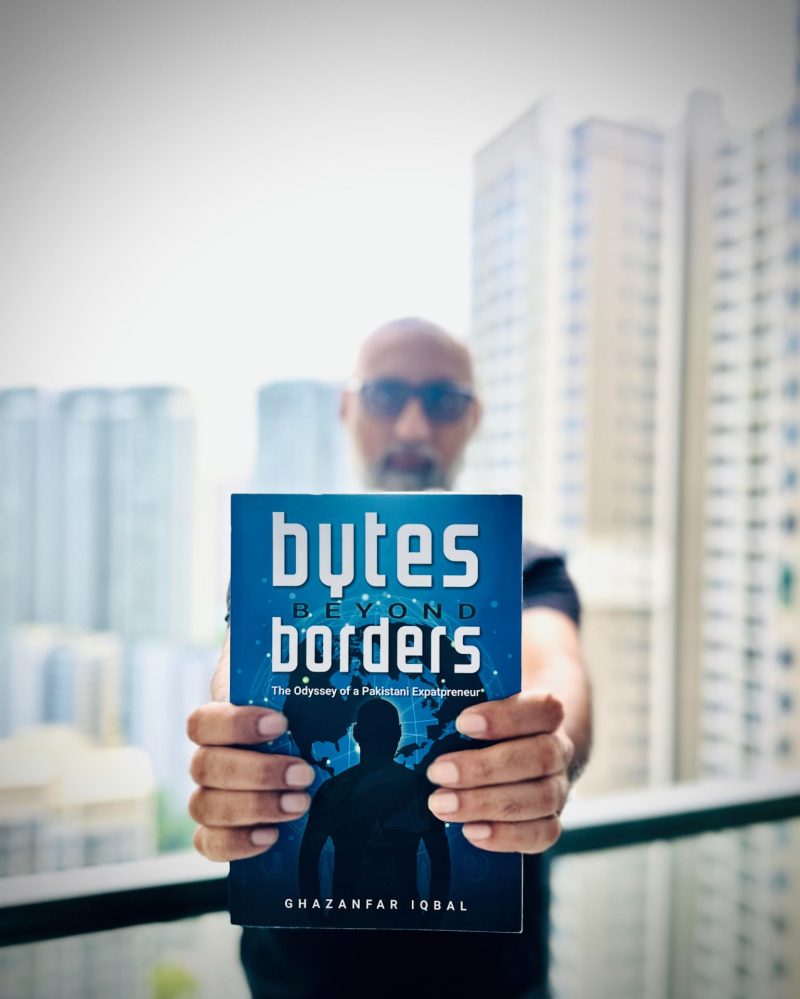Platform, Patience, Proposal: The Three Keys to Traditional Publishing Success
Self-publication isn’t for everybody, and some books need the authority and presence of a big publishing house to get them in the hands of the right readers.
But with the traditional publication industry flagging behind the self-publishing boom, competition is fierce, and the chances of a query leading to an offer can be dismally low. That is why we wanted to share the uplifting example of Cascadia author Matthew Madaus, and how he positioned himself in order to strategically beat the odds.
Challenge
Matthew Madaus is a licensed clinical social worker in the behavioural health industry. Respected as an expert in his field, he has held leadership positions in his industry for the last 30 years. He has dedicated thousands of hours to training industry leaders through seminars, workshops, and training programs. He is often invited to conferences and events as a guest speaker on the subject of his book, which has the proposed title No Crash Landings: Upholding the Standard of Care in Behavioral Health Services from Childhood through Young Adulthood.
Platform
In this way, Madaus has created a platform for himself. Note: created. Past tense. As in, something he has already done. Madaus is already ideally positioned to connect with his target audience and share his book, getting into the hands of those readers who would benefit from it the most. This kind of platform is one of the top things a publisher looks for in aspiring authors to partner with.
Patience
As you can imagine, this didn’t happen overnight. With over 35 years in his industry, Madaus focussed on building his expertise first (and thus, his brand), before beginning his foray into the written world. And then, he took even more time to refine his book and the lessons it offers, using focussed reader groups and one of Cascadia’s professional editors to ensure it meets the needs of his readers and provides them with the solutions they seek. This exemplifies patience and care in his long-term goals.
“The coach and editors at Cascadia were incredibly helpful in my process of becoming published. They provided valuable edits for the manuscript and guided me through the proposal process for academic publishing. From helping me draft a prospectus to picking the right sample chapters to revising my bio, they helped navigate the process to a successful publishing contract. Kailey and Michelle were responsive, practical, excellent communicators, and just incredibly helpful. I absolutely recommend Cascadia.”
-Matthew Madaus
Proposal
Once his book and platform were ready, how did Madaus approach publishers to secure a publication deal?
In the nonfiction publication world, this takes more than just a simple query letter. Publishers want to know all about a book, its author, the potential market, and how that all fits within their catalogue. That takes the form of a Book Proposal: a 20+ page document that compiles a succinct snapshot of a book, from its target audience to comparable titles to sample chapters.
Since a Book Proposal is the first (and often only) impression a manuscript gets before it is considered for acceptance, it is imperative that the Book Proposal package be well-developed. With most publishers receiving thousands of proposals a year, only the most polished, compelling pitches stand a chance. That is where Cascadia came in. We worked with Matthew Madaus to compile all the relevant data about him and his book, and singled out those details that would be most appealing to publishers. We then created a personalized, custom template for his Book Proposal, including query letter, initial market research, and a comparable titles list. Finally, we provided advice for how to refine and personalize the Proposal to any prospective publishers.
Personal Connection
The final trick is to get a Proposal in front of the right publishers. Few publishers take unsolicited manuscripts, so a personal connection is required. Normally, this comes in the form of a literary agent. However, Madaus knew his market, and knew that No Crash Landings would need a university press to connect with its target audience. University presses are some of the few publishers that don’t (usually) require an agent, although they face a more rigorous process of proposal, peer review, and academic review before an offer is made. That is where Madaus’ expertise was able to shine, and the quality of his manuscript and training methods earned him a recommendation for publication with the esteemed Oxford University Press. Way to go!








Leave a Reply